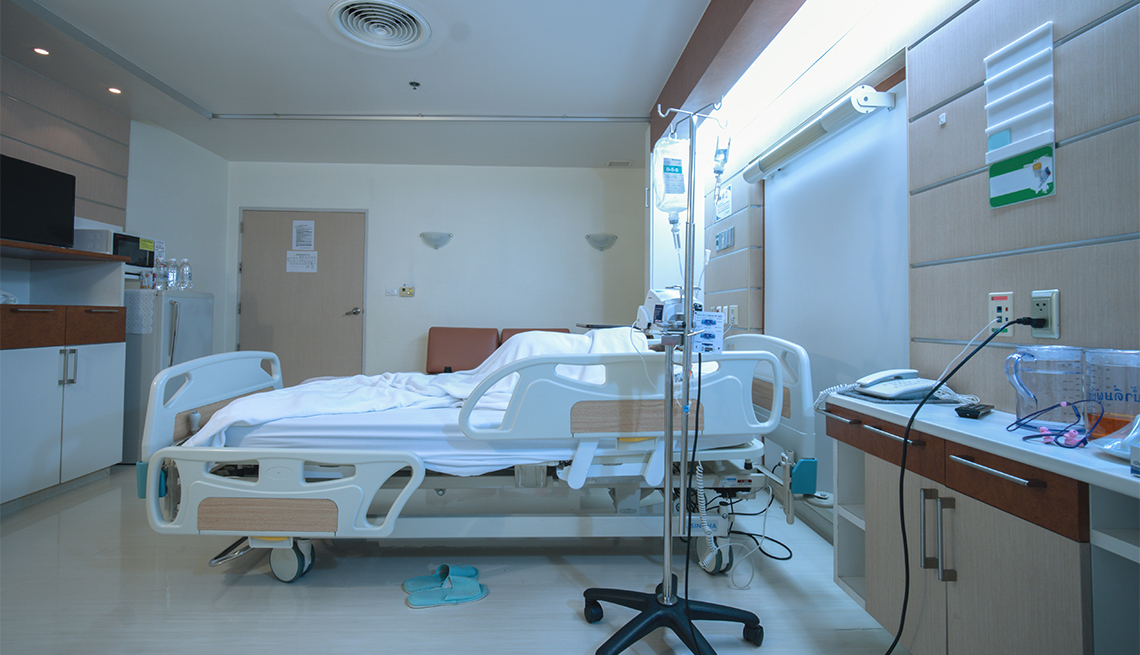
Hospital-related infections increasing readmissions
- Select a language for the TTS:
- UK English Female
- UK English Male
- US English Female
- US English Male
- Australian Female
- Australian Male
- Language selected: (auto detect) - EN
Play all audios:

Where you recover after a hospital visit could also affect your chances for readmission, the researchers found. Patients who go from the hospital to home — with or without home care — were
38 percent more likely to return to the hospital with a linked infection than those discharged to skilled nursing facilities. "Skilled nursing facilities are typically considered to be,
if you will, dangerous places for picking up an infection, and for spreading or transmitting infections to other patients … but we found the opposite,” Hoffman said. He explained that while
these facilities do struggle with high infection rates, they are likely better equipped to treat them, “as opposed to someone on their own at home or at a home health care agency where they
may not have as structured of an infection control program.” The findings indicate that hospitals should consider sending patients with infections to skilled nursing facilities, and not
necessarily home, Hoffman said. “And then, if they are going to send them home, maybe think about providing some more education or other needed resources.” Hospital readmissions are often
viewed as a quality indicator. If you leave the hospital and are “unaware of how to optimally self-manage your condition,” you're more likely to end up back in the hospital, Hoffman
said. “And that's a signal of a gap in quality.” But for older adults, hospital readmission can also be a health hazard. Older patients are more likely to stay in bed and move around
less at hospitals, which, research shows, can lead to cognitive and physical declines once they are released. They can also pick up infections. Hoffman said the last thing he wants to do is
put more burden on patients and caregivers, but he recommends they “learn about the risks that are out there.” He said don't be afraid to ask questions if you don't understand
discharge instructions; and if you are prescribed antibiotics, make sure to follow the doctor's instructions on how to take them. Also, talk to your hospital team about where would be
the best place for you to recover after a hospital stay. "Just know that you really don't want an infection to linger, and you don't want to go back to the hospital for it.
You want to treat that as soon as possible,” Hoffman said.
